A European agenda for space: resilience, security and sovereignty
Past event In person
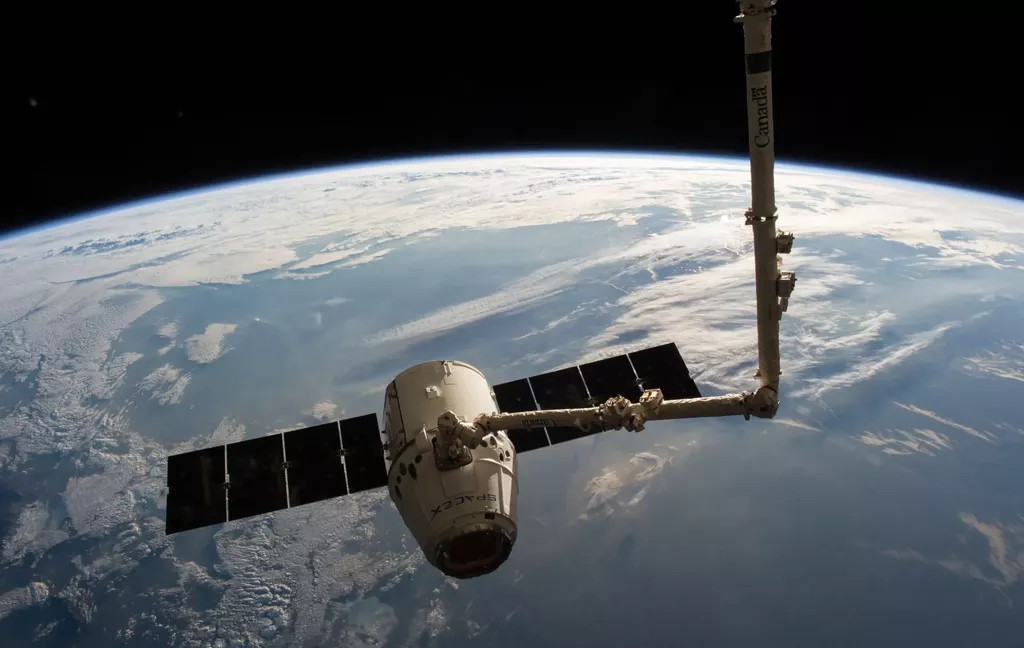
- Area of Expertise
- Digital & Data Governance
Digital & Data Governance

Allow me to begin with two short stories. The first story follows my husband, who has worked for a major Dutch company with branches across the globe, including the U.S. One time while he was on a training session with colleagues from different parts of the world, they had a free day on Sunday. His colleagues went for a hike, while my husband went to a church and to see a modern art exhibition, as he always does. They met again for supper, where his colleagues asked him why he didn’t spend the day with them. He answered that he went to a church, which caught them by surprise; a religious eastern European was something of an exotic animal to them. Only the reaction of his colleague from the U.S. was different: “Why didn’t you say so before?” he asked, “I’d take you along to our church, where I am one of the presbyters.” They continued talking – my husband, who had to take part in mandatory military service during the Communist era, and an American Vietnam veteran.
The second story finds me where I have worked for rather a long time, at the Czech Ministry of Environment. While I was the minister, one of my duties was to take part in discussions about the conservation status of the Šumava National Park. Environmentalists wanted to keep part of the park safe from any human impact under a project called “The wild heart of Europe”. The naysayers protested belligerently, and were supported by a large group of people, especially after the Kyrill tornado damaged a large area of the park. One man who wanted to interfere with the conservation and try to “help” the park invited me for a walk, saying that he will show me what no environmentalist would. We travelled up the hills, among dead and uprooted trees, through an environment that was ruined. It took a lot of time and eventually, on our way back, we had to pass through a part of the park that had not been meddled with for some time. The uprooted trees were there too, and seemingly had been for a number of years, but the nature around us was very diverse, and the vegetation was vast, full of flowers I had not seen before in my life. That said, there were no roads or even paths there – navigation became extremely difficult and we were without mobile phone signal or any other means of navigation. After getting back to the civilised, artificially-changed world, I realised that a protester against conservation had shown me the exact opposite of what he had wanted – nature helped itself over a few years, resulting in a state we could not even have imagined before.
There are two lessons to take from these stories that should inform our thinking going forward. First, knowing and embracing our cultural roots makes us free, more understanding of other cultures and ultimately powerful. Second, diversity is the source of ideas and creativity, it is a source of rebirth, not only in nature.
These lessons have a bearing on the EU’s digital debate. The technical solutions that are enabled today by widespread internet access, and the transfer and storage of large amounts of data, are not only desirable, but things we cannot do without; this ever more apparent. The creation of a standardised and united environment for these solutions is therefore extremely important. The Internet of things and services is not only one method we may take, it is a concept that will strongly influence the way we live and the way we see things. Self-production of electricity and heat will become widespread, our kids will be taught via e-learning platforms along with their regular schooling, our self-driving cars will be shared among people as is already common with bicycles we will more often purchase goods over the Internet, and we will use public services without the need for a physical contact with clerks. The orientation on the customer and the citizen in preparation for this new kind of existence is readily apparent. The dynamics of our Internet usage shows that it’s high time to act.
It remains a question whether the target set by the European Commission to cover all Europe with high-speed Internet before 2020 is ambitious enough. But on the other hand, it seems that it will be reached despite all the bureaucratic circumstances; should it not be, it will have a widespread impact on the competitiveness of our economies. If the Commission takes the unification of digital market rules as its priority, this change will be successful. Then again, if the related directives get stuck in the European Parliament with all the others, we might very well not succeed. Europe 2020 is a worthwhile set of necessary steps, but we have no priorities in place. Do we even properly understand the gravity of the issue?
The Internet of things and services is not only a matter of consumers, citizens and voters, the production of goods and services will have to undergo a profound change as well. Even today, 3D printing works miracles, and it seems that it will put a lot of manufacturing companies out of business. The just-in-time concept will no longer be relevant for logistics, rather for production of parts in the place where the final good is made. For countries such as the Czech Republic, this is indeed a significant challenge, as most Czech goods end up in products that are finalised elsewhere. I am not entirely convinced that the new ways of production will lead to a reindustrialisation of Europe in the common meaning of the word “industry”. We have to expect a significant change in both the method of production and the products themselves. This will be especially pronounced because of applied robotics – many roles currently held by people will belong to robots. The only things that remain are basic human needs – eat, sleep, health, social ties. The ways of fulfilling those will needlessly change.
What surprises me most is the nonchalance of Europe’s citizens. Every European strategy or rule is preceded by an analysis in which the impacts are evaluated in the fields of business, employment or public service. What we keep forgetting is assessment in a global context. In the 1990s, there were 6 billion people living in total, and this figure reached 7 billion in 2011. Europe accounts for merely 7%. At the same time, our well-being is high compared to most other countries and cultures. People living in those countries are motivated to attain the same life quality we have, and they can work hard for it. The Vietnamese community in the Czech Republic is a good example of this – a relatively small community gave rise to high number of skilled people. The rest of the world outside our windows is similarly motivated and is able to be skilled, and they have the numbers too – if we take for a fact that 10% of people in a given population have an exceptionally high IQ, it is a million people in the Czech Republic and more than 130m in China. Furthermore, this world outside our windows holds most of the resources we need, even in the new digital economy. Our riches are not something to be taken for granted; we need to innovate in order to keep them.
The new reality we’re approaching provides great possibilities for innovation, but it also calls for expanding research and development. What is currently an issue in this context is the low number of technically-skilled people, in Europe as well as in the U.S. It is also surprising how lacking in social science skills we are. Half the young population is spending years in universities, studying mostly non-technical subjects, and the number of published academic papers grows every year. But despite that, we are not educated or ready enough for the new conditions, new possibilities, ageing population or the profound change of the labour market – how will the taxation of work and capital function in a society in which most manufacturing jobs are taken by robots? Technological standardisation is not only a way of democratic, free and equal access to good and factors of production, it also poses a threat of unification of language and thinking. We need to embrace our roots and at the same time embrace our vastness of languages, traditions and cultures in Europe, because that’s precisely where our strength and contribution to the world lies.
If I may break convention again, I have a joke on which to end, and it goes like this: God has decided he will flood the world once again in three days, but this time without Noah and his Ark. When the Pope, Grand Imam and Chief Rabbi learn of this, they go back urgently to speak to their communities. The Pope tells his people to pray for salvation. The Imam talks about martyrs’ deaths in waters and subsequent life in heaven. The Rabbi tells his peers that they have only three days to learn how to live underwater.
A time of great change is at our doorstep. Digitalisation is only one symptom of that, and we’d better start coming up with ideas of how to make a use of it – to live underwater.
Past event In person

Next event In person & livestreamed
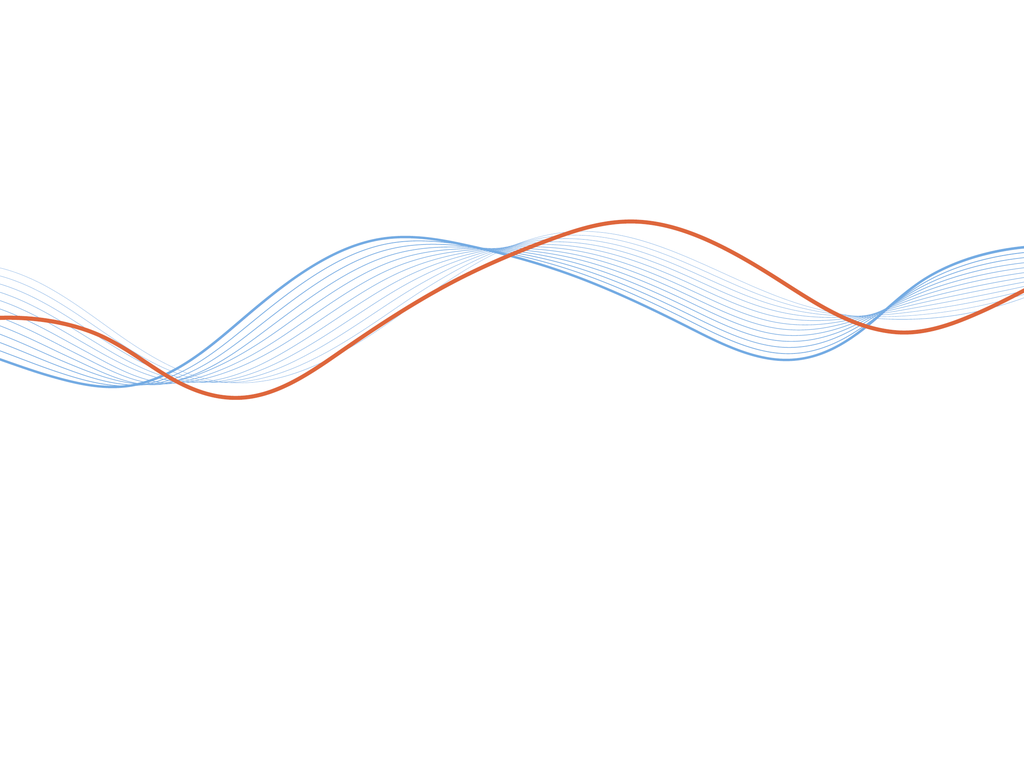
Past event Online
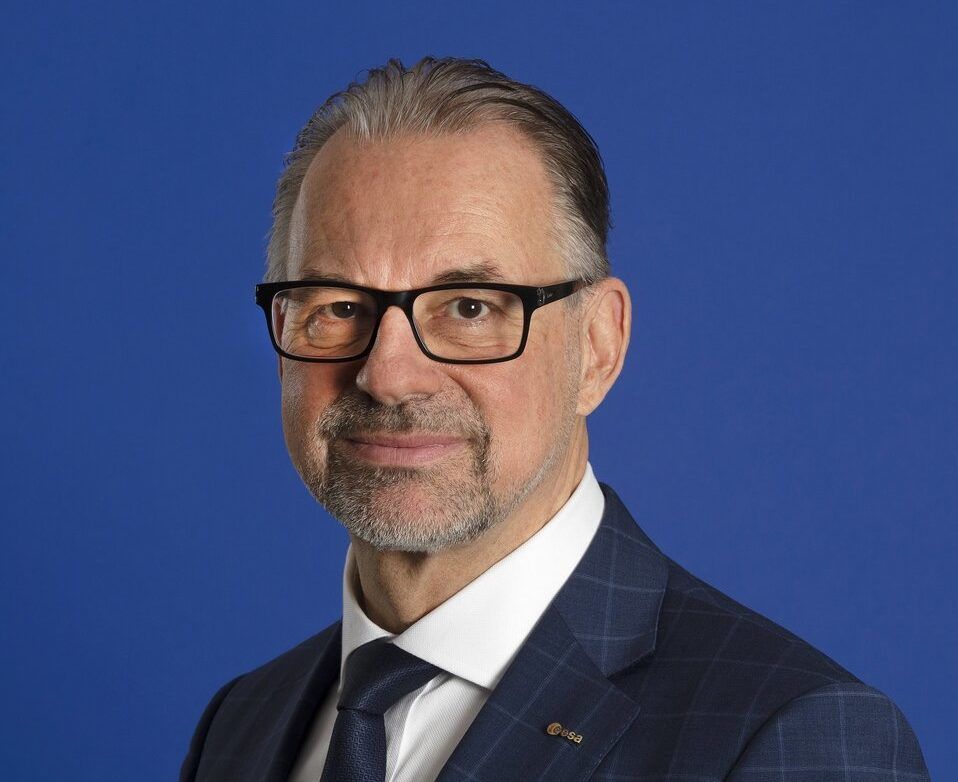
Past event In person

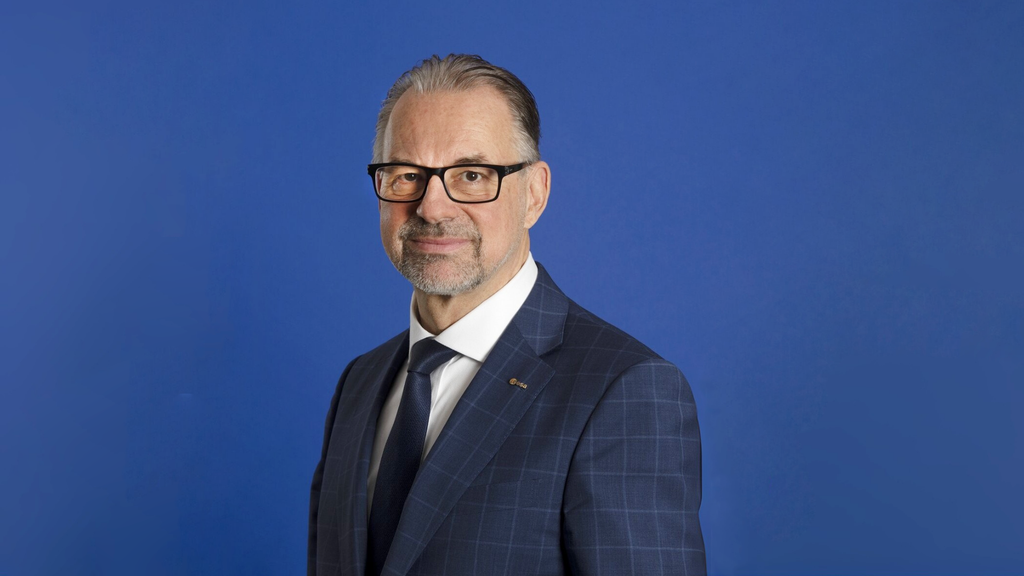
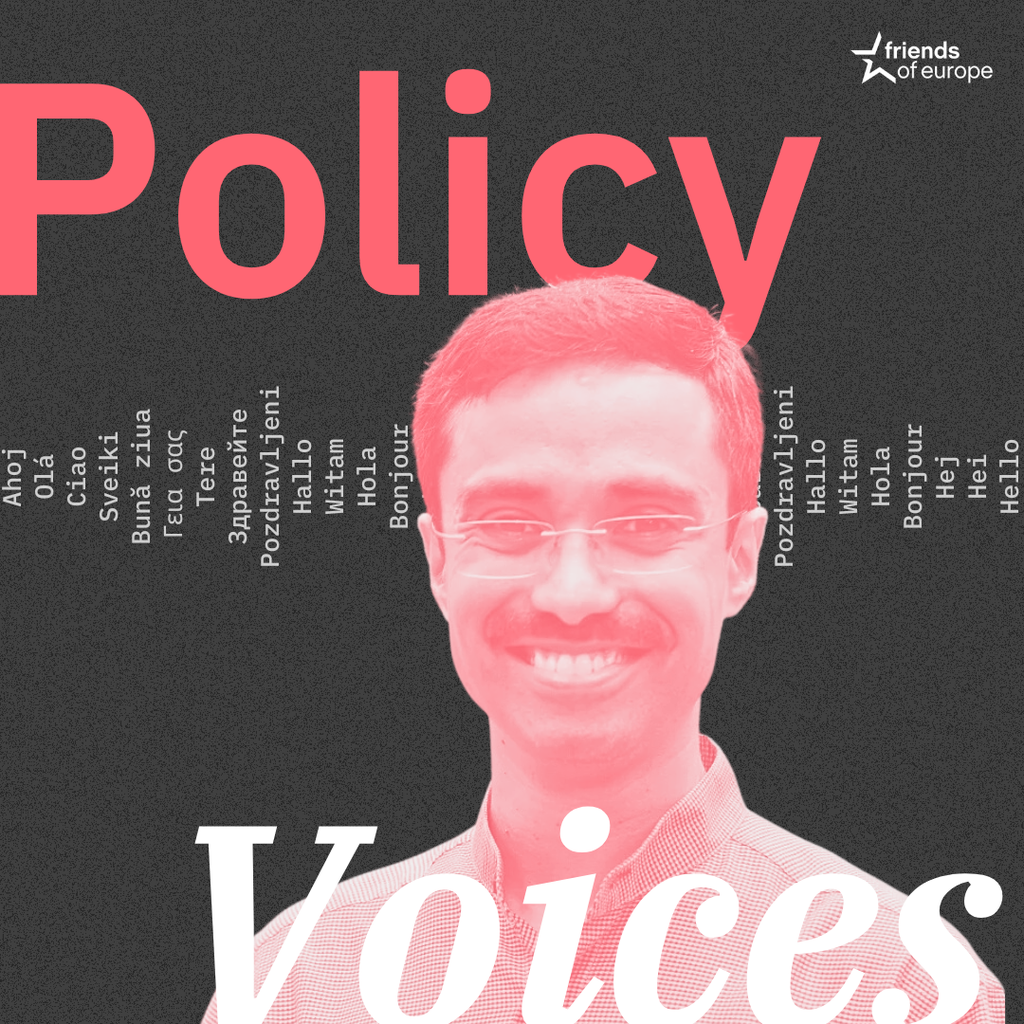
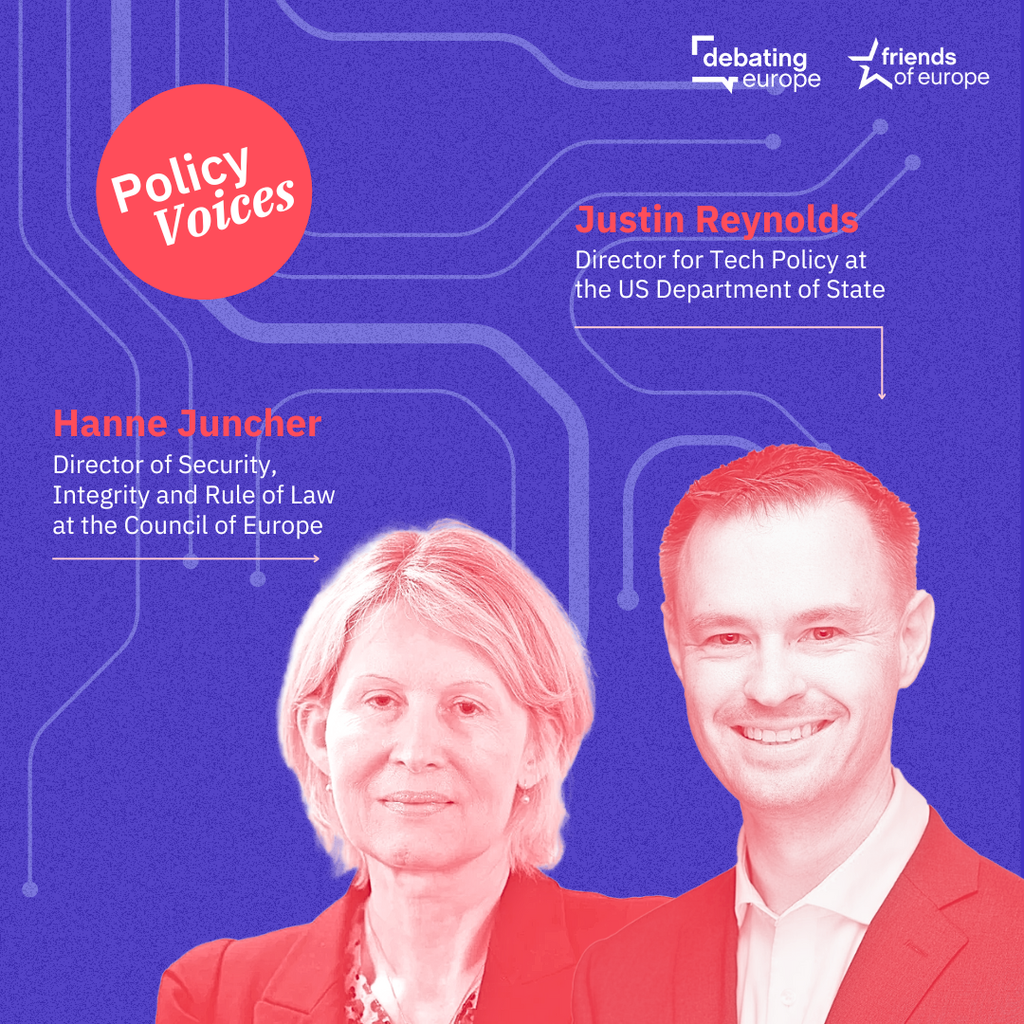

Stay informed
We use cookies and similar technologies to adjust your preferences, analyze traffic and measure the effectiveness of our campaigns. Learn more about our privacy policy.